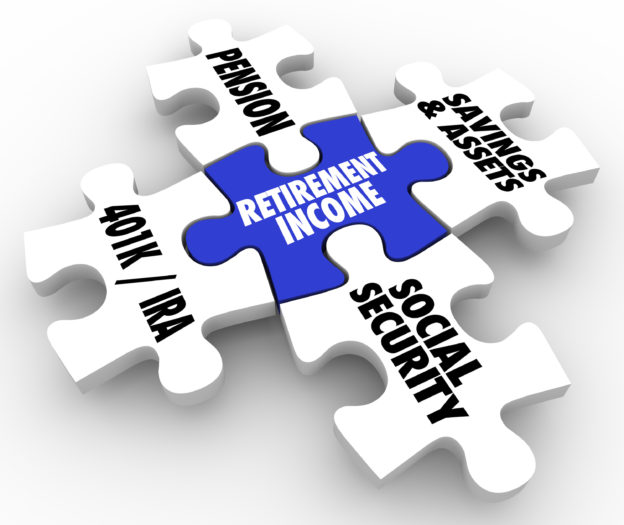You’ve done a good job investing in your future so far. You made maximum contributions to your 401K throughout your career, took advantage of employee stock purchase plans available through your place of employment, and set up a diverse portfolio of stocks, bonds, mutual funds, and more to make your money work for you. Perhaps you even put additional money into a Roth IRA or index fund to ensure a comfortable lifestyle in your twilight years.
Now you have reached the age of retirement and you’re ready to start enjoying the fruits of your labor, as well as wise financial planning. The only problem is that people are living longer than ever before thanks to better medical care and a greater understanding of the benefits of proper nutrition and fitness.
In short, you may be looking for investment opportunities that are appropriate for your age, budget, and lifestyle. While there is a pretty clear roadmap for investing while you’re still working (retirement accounts, diversified portfolio, etc.), there is little general guidance for seniors that want to actively manage their investment accounts. Here are a few tips to help you continue earning through investments even after you retire.
Calculate Costs
The place to start with any investment strategy is by making sure you have enough money to cover your living expenses for the foreseeable future. When you retire and switch to a fixed income, your investment planning should reflect the change.
Many retirees have both fixed expenses and fixed income. You may have a mortgage or rent payments, utilities, insurance, and additional expenses like food and transportation. These are the basics and you can at least estimate monthly costs, even going so far as to account for increases based on inflation.
You may also receive fixed income amounts from several sources, such as social security, pensions, and annuities, just for example. Ideally, you can match up your living expenses to fixed income resources, leaving you free to continue investing additional funds from retirement accounts and using any earnings to cover extra expenses like travel, entertainment, and your rainy day fund.
Investment management during retirement doesn’t have to revolve around a maintenance strategy – you can continue investing and earning. You simply have to take the time to calculate what you can reasonably afford to invest (and lose) while maintaining your current standard of living.
Minimize Risk
As any expert in wealth management in San Francisco, Syracuse, or Salt Lake City is sure to tell you, investing on a fixed income can be a dicey proposition. When you are still earning an income you are better able to weather losses to your investment portfolio because you can always rebuild your nest egg.
Once you have left the workforce it’s a different story – no more money is coming in so you have to make do with what you’ve already got. This means striking a balance between potential risk and reward, erring on the side of minimizing risks.
Naturally, you’re keen to see the best possible returns from any money you invest. However, if the risk is too high you could lose money, potentially compromising your lifestyle.
Before you decide how you want to invest during your retirement, it’s probably a good idea to seek the services and advice of a reputable investment consultant. This professional can guide you through the process of investing after retirement. Make sure to look for a fiduciary that is required by law to prioritize your interests.
Minimize Taxes
As a retiree, your job no longer ties you to a specific location. In addition, your children are likely adults and out of the house. They may have moved away in search of education, employment, or adventure.
In other words, you might not have a reason to stay in your city or state of residence. Some may cite their home as a reason to stay. If you don’t have a mortgage to pay off, then you’re no longer earning a tax break based on interest. This could potentially increase your tax liability.
It’s time to think about moving to a state that is not only hospitable climate-wise, but that offers the best tax breaks for seniors and/or retirees, too. This won’t necessarily help you earn from your investments, but it will minimize losses and provide you with more capital.

